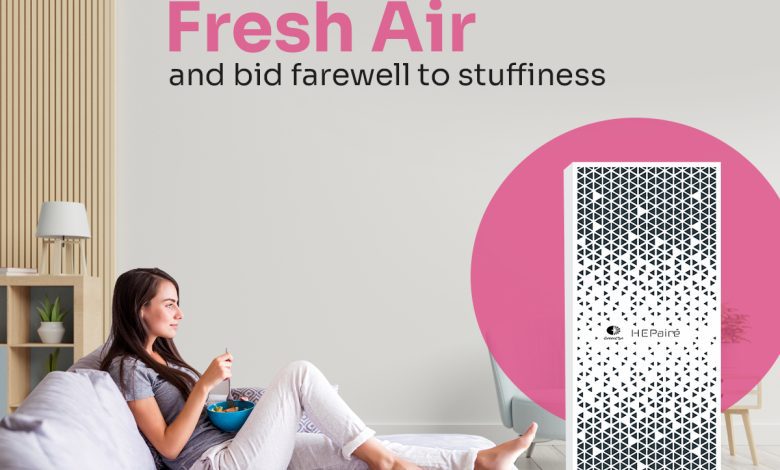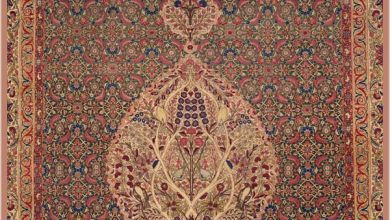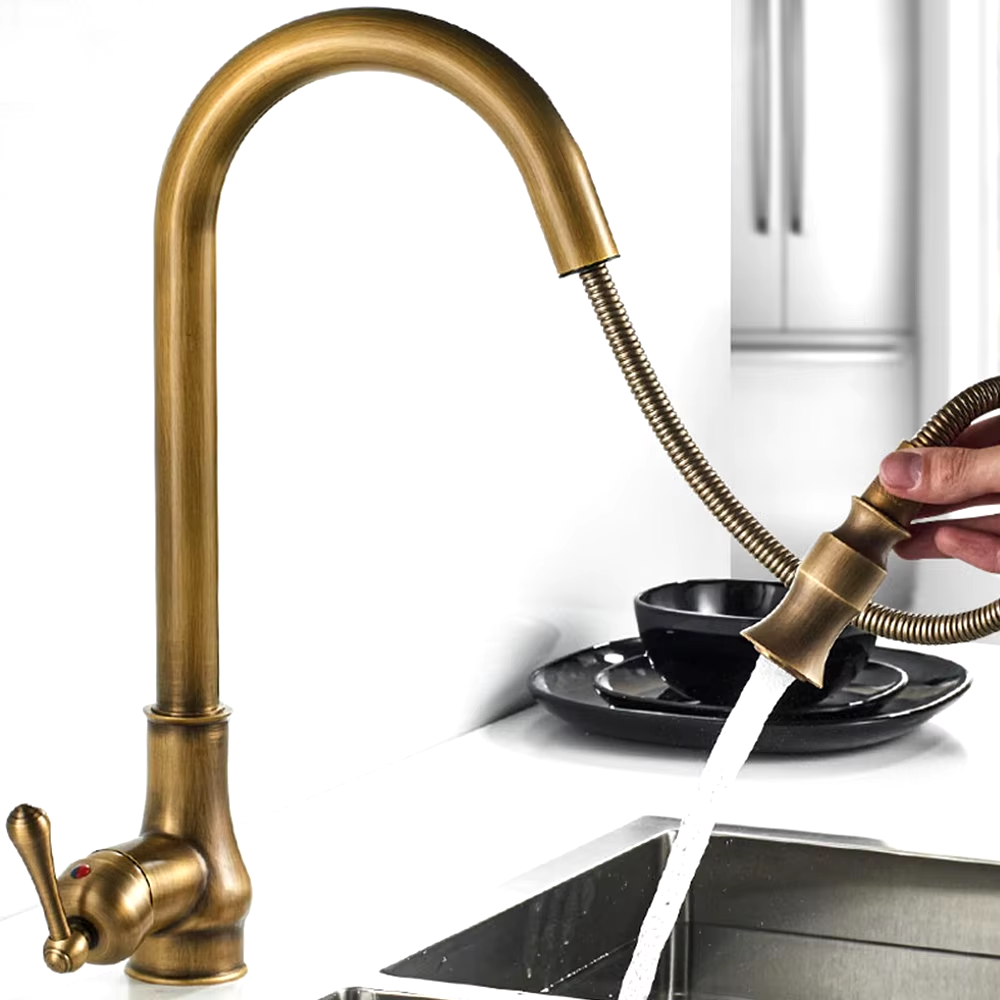Degree Day Air Purifier, Pollution Prevention in Rising India
Degree Day Air Purifier, Pollution Prevention

Every year when winter sets in, New Delhi is one of the most polluted cities in the world. Pollutants come from a variety of sources, such as surrounding fields burning crop leftovers, automobiles, industry, and construction dust. Air pollution is now recognized by governments all over the world, as well as organizations like the World Health Organization (WHO), as a serious environmental health risk.
Predicting air pollution and assessing air pollution in real time are two of the most important scientific instruments required for more scientifically based air quality control systems. Especially now when meeting the national air quality requirements is urgently needed, this is necessary for prompt and well-informed decision-making on source-wise air pollution mitigation initiatives.
Effective action to reduce air pollution is required due to the ongoing deterioration of the ambient air quality in India’s urban centers. The seven main sectors that comprise the different causes of air pollution are transportation, industries, agriculture, electricity, waste treatment, burning biomass, residential, construction, and demolition trash. Living in a larger city increases your exposure to airborne pollutants, which is why you should think about purchasing an air purifier even more.
Consequences of Air Pollution
Air pollution increases public health spending quickly, lowers labor productivity, and lowers agricultural yields, all of which represent serious, multifaceted hazards to India’s chances of meeting its development objectives.
Poor air quality has been related to low birth weight, preterm delivery, stillbirth, developmental delay, restricted growth in children, and even mortality.
The negative impacts of air pollution are not limited to metropolitan regions; they also affect rural areas, where most people rely on burning biomass and kerosene for cooking and lighting, respectively.
These hazards not only impact the overall well-being of the population but also hinder economic growth and sustainable development. It is crucial for India to implement effective policies and strategies to mitigate ambient air pollution in order to safeguard public health, enhance productivity, and ensure the success of its development goals.
These hazards not only impact the overall well-being of the population but also hinder economic growth and sustainable development. It is crucial for India to implement effective policies and strategies to mitigate ambient air pollution in order to safeguard public health, enhance productivity, and ensure the success of its development goals.
HEPAire Air Purifier, Pollution Prevention
Inside as well as outside, air pollution is becoming a bigger issue. Since we spend so much time indoors, it’s critical to make sure the air we breathe is pure and salubrious. Air purifiers are an excellent way to raise the standard of air both at home and at work. Nothing works as well as a HEPA air filter in terms of effectiveness.
HEPAire Air Purifiers add moisture to the air, improving its comfort and health. The numerous benefits Degree Day HEPAire Air Purifier offers to your indoor environment and health have made them more and more popular in recent years.
India ranks third globally in terms of carbon emissions, and similar nations, need to find a more environmentally friendly growth model that drastically cuts emissions if global warming is to be kept at 1.5 degrees Celsius. India has made several climate-related commitments, including lowering the country’s GDP’s carbon intensity to less than 45% by 2030 and reducing its estimated annual carbon emissions by one billion tons. The federal government has set state-specific goals in order to reach this national objective.
Benefits of HEPAire Air Purifier
Using Degree Day Pvt Ltd HEPAire air purifier in has several major advantages, such as:
- Minimizing airborne allergens: Air purifiers have the ability to eliminate allergens from the air, including dust, pollen, and pet dander. For those who have respiratory issues or allergies, this can help lessen symptoms.
- Odor purification: Smoke, food, and other sources can all be eliminated using HEPaire air purifiers. A more enjoyable experience may result from doing this.
- Eliminating air pollutants: Air purifiers are also capable of eliminating air pollutants including toxic gasses and exhaust fumes. By doing so, the chance of respiratory issues can be decreased and the general quality of the air can be improved.
- Minimizing airborne allergens: Air purifiers have the ability to eliminate allergens from the air, including dust, pollen, and pet dander. For those who have respiratory issues or allergies, this can help lessen symptoms.
Achievement
Recent initiatives like the introduction of the National Air Quality Index highlight the necessity of raising public awareness of the quality of the air they breathe. A federal pollution control watchdog on Sunday, November 19 placed curbs on automobiles in addition to prohibiting building work for public projects in the national capital region and limiting truck and heavy vehicle admission into Delhi.
The world’s first market for particulate matter, the deadliest type of air pollution, was established in the Indian state of Gujarat in the city of Surat. With a 20 percent reduction in pollution, the now-award-winning market is starting to spread to other cities in Gujarat and beyond. It is an example of success as the government gets ready to introduce the first carbon market among developing nations outside of China.
Conclusion
The negative impacts of air pollution have been acknowledged by both the Indian government and state governments. India and other developing nations must balance maintaining rapid economic growth with reducing the pollution and carbon emissions brought on by industrialization. India, one of the most polluted nations on Earth, started a National Clean Air Program in 2019 with the goal of reducing fatal particle pollution by 20–30% by 2024. The country also declared a “war against pollution.” If these efforts to reduce air pollution are effective, the typical Indian’s life expectancy will rise by around 1.3 years.
Poor air quality has been related to low birth weight, preterm delivery, stillbirth, developmental delay, restricted growth in children, and even mortality.
The negative impacts of air pollution are not limited to metropolitan regions; they also affect rural areas, where most people rely on burning biomass and kerosene for cooking and lighting, respectively.
The air in your house may include a variety of dangerous pollutants. Particulate matter, specifically PM2.5 and PM10, is the main concern. The upper respiratory tract is easily penetrated by the bigger ones (PM10). However, the smaller ones might harm multiple other organs by entering the bloodstream through the alveoli, they are far more harmful. The air in homes can also frequently contain dust, pollen, viruses, and bacteria. In addition to frequently causing allergic responses, they also worsen your health. This makes investing in a good-quality air purifier worthwhile.
With proper maintenance, Degree Day Pvt Ltd, certified HEPaire air purifiers after extensive R&D, can provide long-lasting benefits and improve your living experience for years to come.
Explore Degree Day Pvt Ltd more for HVAC Designs, HVAC Products, HVAC Consultations






